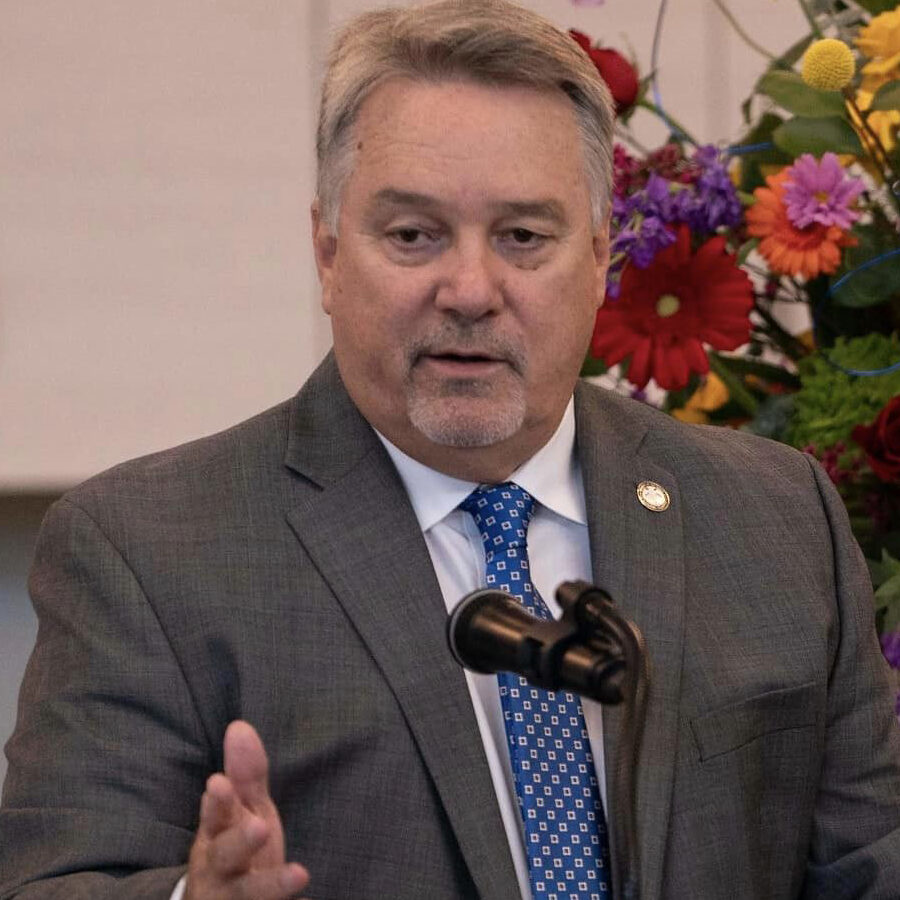By Nathaniel Ledbetter
In 2018, while I was serving as House Majority Leader, a woman visited my office to share the story of her son. She had done her research and knew that I was a father of two sons, which made her words hit close to home.
Her son had struggled with mental health issues for most of his life, but tragically, he never received the care he needed.
She then informed me that while having a mental health episode, her son came into contact with a police officer, and the situation ended with him losing his life.
After telling me this heartbreaking story, she looked me in the eye and asked, “What if it had been one of your boys?”
That question stayed with me. I realized that the state was failing miserably from a mental health standpoint and that it was time to begin looking at what needed to happen for that to change.
This led to a candid discussion with Governor Kay Ivey, who truly has been Alabama's do-it-all governor.
The governor was well aware of the issue, and during that discussion, she said we need to take a look at what the state is doing to support mental health and what additional resources are needed to prevent tragedies like the one I previously mentioned.
I said, "Well, governor, if you're asking, I would like to work on this for you."
In true Kay Ivey fashion, she responded, "I'm asking."
Since that conversation, the state of Alabama has transformed its approach to connecting those in crisis with the mental health resources they need to recover.
One of the most significant advancements was the expansion of Alabama's Crisis System of Care – our state's first major investment in mental health since Governor Lurleen Wallace’s tenure.
In the FY2021 budget, the legislature approved an $18 million appropriation to create three crisis care centers that offer 24/7 services at no cost to individuals. These centers provide a lifeline to individuals in crisis, offering immediate evaluation and personalized treatment plans, which keeps those struggling with mental health out of our jails and hospitals.The success of these centers has led to further growth. The success of these centers has led to further growth. Today, we have crisis care centers in Huntsville, Birmingham, Montgomery, and Mobile, and one more will open in Dothan next year. Each of these centers provides vital services, helping Alabamians navigate their darkest moments.
Recognizing that mental health is critical for all ages, we have also focused on expanding access in our public schools. Every school system in the state now has a mental health coordinator, ensuring that children and adolescents have the support they need. This is particularly important given that suicide is a leading cause of death among young people.
Substance abuse is also a significant contributor to mental health issues. To combat this, Alabama has a peer-driven accessible system of recovery-oriented services that address the holistic needs of individuals who have experienced substance use disorders.
We haven’t forgotten about rural Alabama either. With 14 mobile crisis teams now in operation, we are bringing mental health care to underserved areas. This is a game-changer for rural communities, where access to care has traditionally been limited.
In addition, we’ve made significant investments in veteran mental health care, using funds from the state’s opioid settlement to provide much-needed support for Alabama’s heroes.
Training law enforcement to identify and navigate mental health issues is also incredibly important, which is why the state has partnered with the National Alliance on Mental Illness to offer Crisis Intervention Training to our men and women in blue.
We have also worked to reduce the number of those suffering with mental illness in jails and hospitals through the Stepping Up Initiative, which has been very successful.
Most recently, the legislature appropriated a historic $235 million to the Department of Mental Health for FY25 – the largest ever – demonstrating our continued commitment to improving mental health services.
We've done so much to move Alabama forward, but we're still nowhere close to where we need to be.
The good news is that everyone involved – from Governor Ivey to Commissioner Boswell to Chairman Rex Reynolds and beyond – understands that and is eager to continue moving in the right direction and expanding access to quality mental health care.
So, on this World Mental Health Day, let’s celebrate how far we’ve come, but let’s also stay focused on the work ahead.
Mental health care is like a puzzle – always evolving and never fully solved. But as long as we keep working, we’ll continue to save lives and make a difference for families across our state.
State Rep. Nathaniel Ledbetter is the Speaker of the Alabama House of Representatives.





